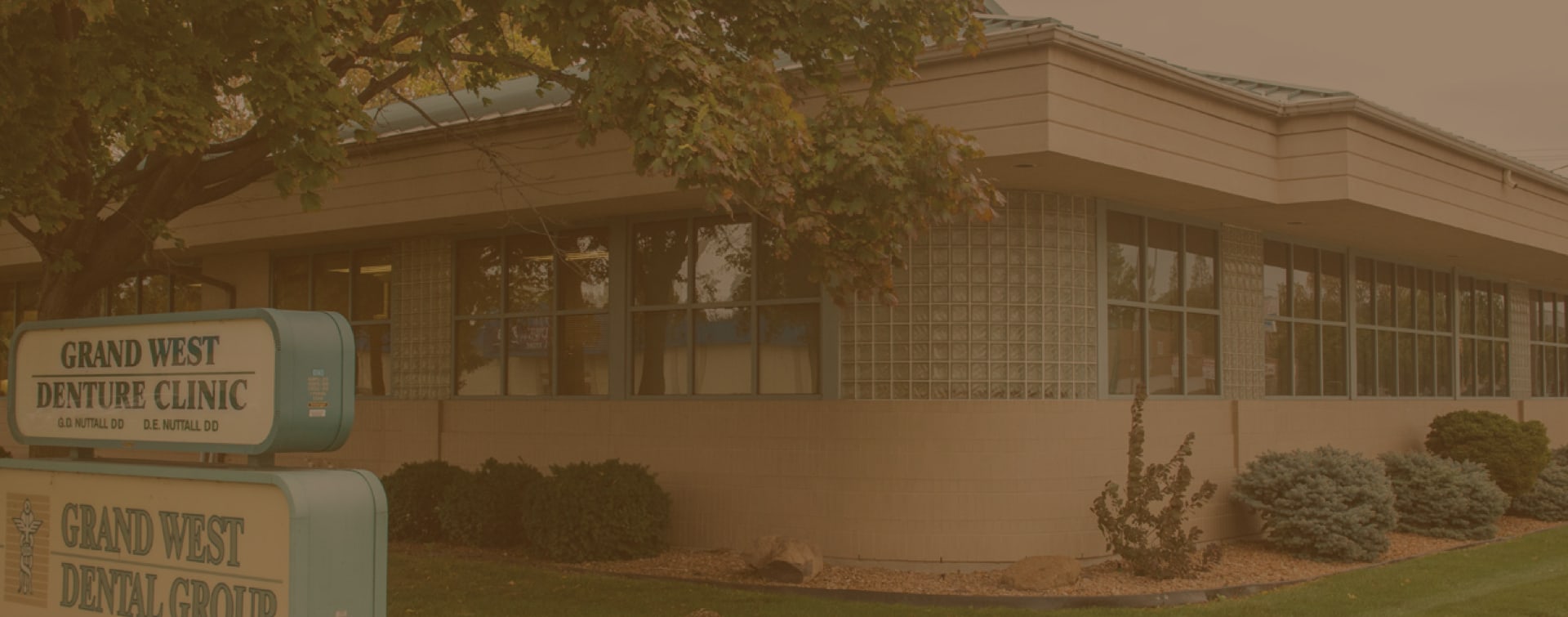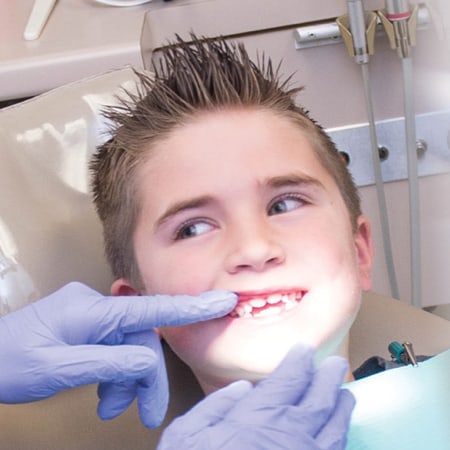Bad breath is a common concern that can affect your confidence. You might brush and floss diligently, but still notice an unpleasant odour that just won’t go away. This can be frustrating, leaving you to wonder what the underlying cause might be.
If the freshness from your oral hygiene routine is short-lived, a general dental issue could be the reason. Yes, cavities are a frequent and direct cause of persistent bad breath, also known as halitosis. The process of tooth decay involves bacteria that release foul-smelling compounds as they break down your tooth structure.
The Link Between Tooth Decay and Breath Odour
Cavities are small holes that form in your teeth when acid-producing bacteria erode the enamel. These bacteria feed on sugars in your mouth and produce waste products, including sulphur compounds. These compounds are a primary source of unpleasant breath odour.
How Bacteria Create Unpleasant Smells
A cavity creates a sheltered spot where food particles can easily become trapped. Bacteria thrive in this environment, feeding on the debris that your toothbrush can’t reach. As they digest these particles, they release gases that have a distinct and unpleasant smell.
What Does Bad Breath From a Cavity Smell Like?
Bad breath caused by a cavity is often persistent and has a foul quality that regular brushing doesn’t resolve. The odour may smell like decay or infection. Because the source of the smell is protected inside the tooth, it continues to linger throughout the day.
Other Common Reasons for Bad Breath
While cavities are a significant factor, they aren’t the only cause of bad breath. Other issues can contribute to halitosis, and it’s helpful to consider them as well. Understanding all potential sources can help you address the problem effectively. Things to look out for include:
- Food and drink: Foods like garlic and onions contain oils that enter your bloodstream and are expelled through your lungs, affecting your breath.
- Dry mouth: Saliva naturally cleans your mouth, so a lack of it allows odour-causing bacteria to multiply.
- Gum health: Gum inflammation can create pockets between your teeth and gums where bacteria accumulate. Regular dental exams and cleanings help manage your gum health and remove tartar buildup that contributes to odour.
- Poor oral hygiene: When you don’t brush and floss regularly, food particles and plaque build up, leading to bad breath.
How to Tell if a Cavity Is the Cause
If you maintain a consistent oral hygiene routine but still struggle with bad breath, a cavity may be the source. This is especially true if the odour is constant and doesn’t seem to improve after cleaning your teeth. Paying attention to other common dental warning signs can provide more clues.
Common Signs of a Cavity
In addition to bad breath, tooth decay can present with other signs. You may notice one or more of the following symptoms:
- Tooth sensitivity to hot, cold, or sweet things
- A dull or sharp toothache
- Pain when you bite down
- Visible holes or dark spots on a tooth
Can Others Smell Your Tooth Decay?
A common worry is whether others can notice the smell. If tooth decay is advanced enough to cause persistent bad breath, it’s often noticeable to those around you. Addressing the cavity can help you feel more comfortable in social situations.
How Dental Treatment Can Improve Your Breath

The most effective way to eliminate bad breath from a cavity is to treat the decay itself. A dental professional can remove the source of the infection and restore the health of your tooth with restorative dentistry services. This not only protects your tooth but also directly resolves the associated odour.
Will a Dental Filling Stop the Bad Smell?
When you get a filling, your dentist removes the decayed portion of the tooth. This process eliminates the trapped bacteria and food particles causing the odour. The tooth is then sealed, which prevents bacteria from getting back in and stops the bad breath.
Why Mouthwash Is Only a Temporary Solution
Mouthwash and mints can provide temporary relief by masking odours. However, they do not treat the underlying cavity. The decay and bacteria will remain, meaning the bad breath will return once the masking effect wears off.
Tips for Fresh Breath and Cavity Prevention
You can take simple, proactive steps to maintain good oral health and prevent the issues that cause bad breath. A consistent routine is your best defence against cavities and other dental problems. These habits can help keep your mouth healthy and your breath fresh:
- Brush and floss daily: Clean your teeth twice a day with fluoride toothpaste and floss once a day to remove plaque and food debris.
- Stay hydrated: Drink plenty of water to help wash away food particles and bacteria and to prevent dry mouth.
- Limit sugary foods and drinks: Bacteria thrive on sugar, so reducing your intake can help lower your risk of tooth decay.
- Schedule regular dental visits: Professional cleanings and exams help remove tartar and allow your dentist to identify problems early.
If you have persistent bad breath, it’s a good idea to seek professional care. A dental visit is a proactive step toward finding the cause and protecting your oral health. Don’t wait for the problem to worsen; an exam can provide clear answers.
Book an Appointment for Lasting Oral Health
You should schedule an appointment if you notice any of the following:
- Bad breath that doesn’t go away with brushing and flossing
- Tooth pain or sensitivity
- You can see or feel a hole in your tooth
- Discomfort when chewing
A professional examination is the only way to diagnose a cavity and determine the right course of action. Your dentist can identify the source of your concern and recommend the appropriate treatment to restore your tooth’s health and freshen your breath.
Since 1977, Grand West Dental has provided personalized dental care to the Chatham community. If you have concerns about your oral health, contact our team to schedule a visit.









